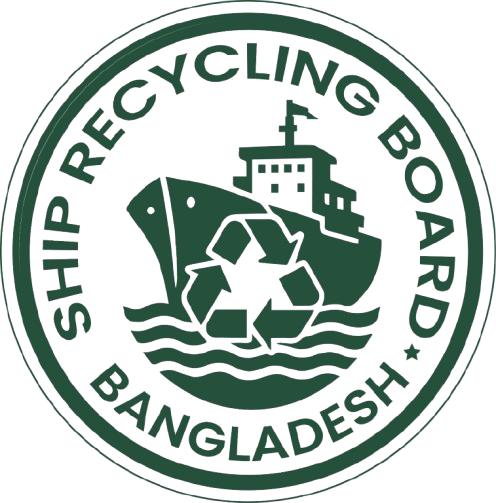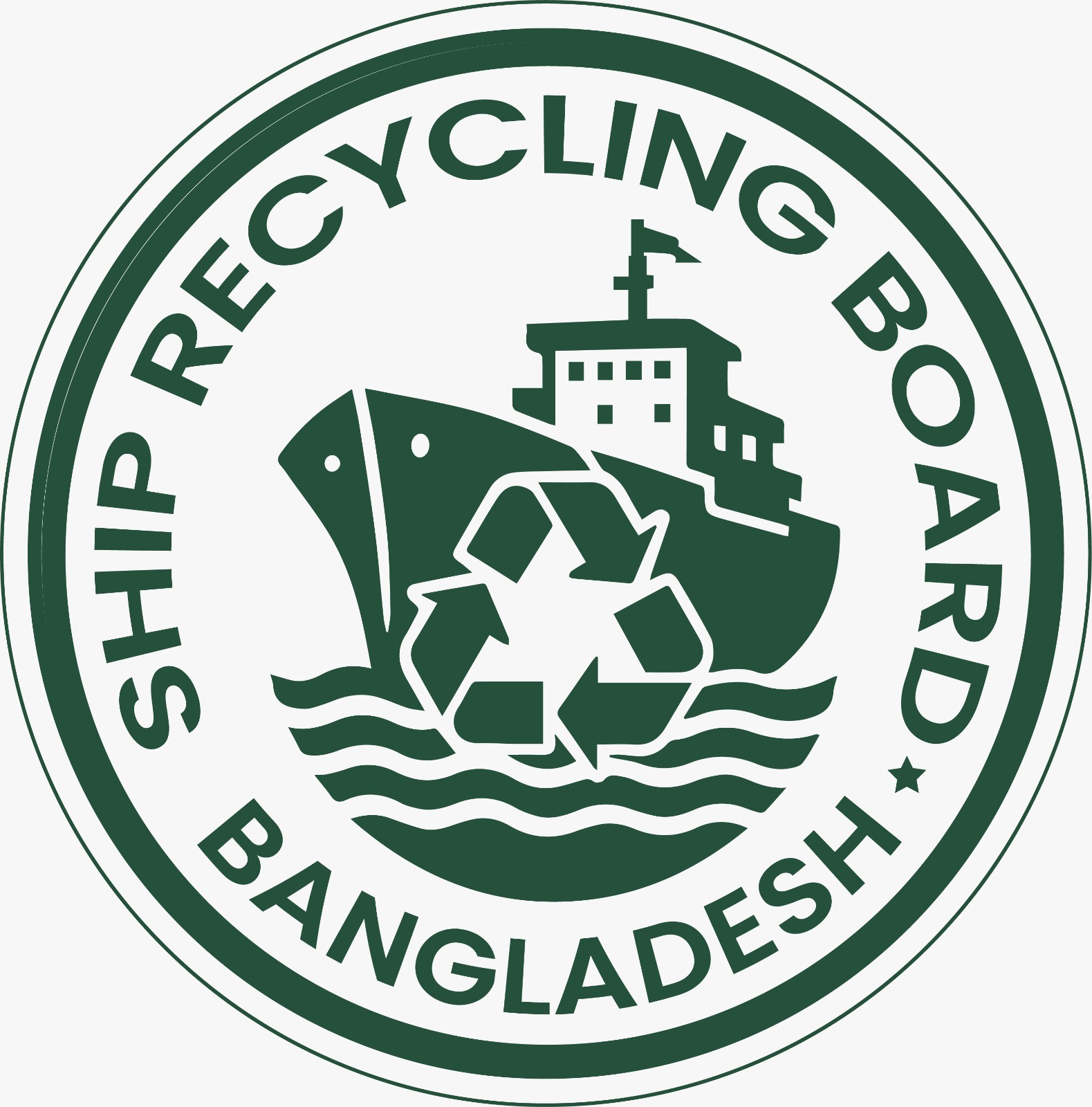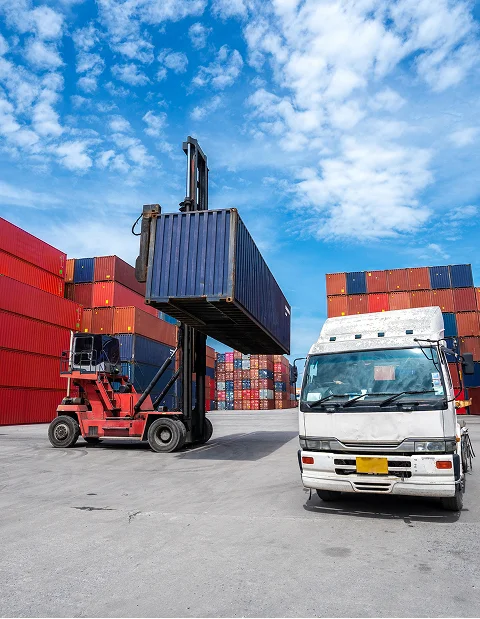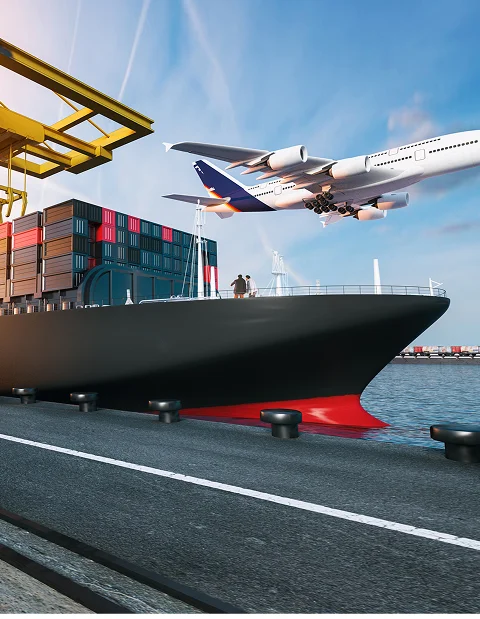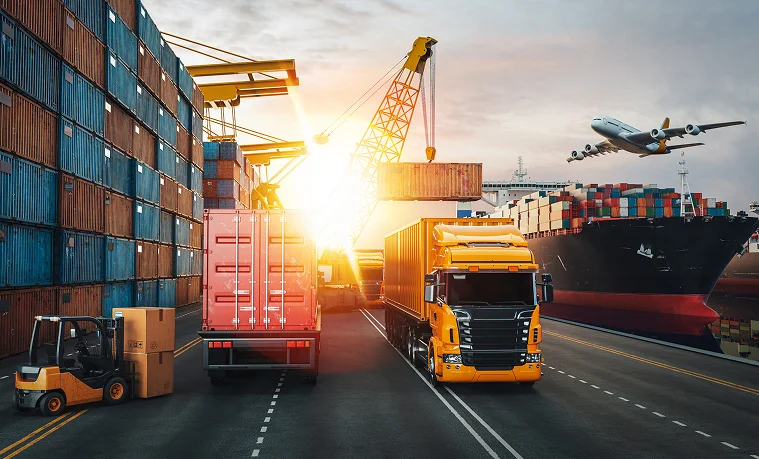The Bangladesh Ship Recycling Board (BSRB) carries out continuous monitoring and inspection of ship recycling yards to ensure safety, compliance, and transparency. These inspections safeguard workers, protect the environment, and uphold Bangladesh’s global commitments under the Hong Kong Convention (HKC 2009) and the Ship Recycling Act 2018.
What We Do
- Regular Yard Inspections – Routine checks on safety measures, waste handling, and environmental compliance.
- Digital Monitoring – ERP-based dashboards, surveillance systems, and live reporting to track compliance in real time.
- Hazard & Waste Audits – Verification of hazardous waste storage, treatment, and disposal processes.
- Worker Safety Checks – Ensuring PPE use, training implementation, and emergency preparedness.
- Compliance Enforcement – Issuing corrective actions, penalties, or suspension notices for non-compliance.
Why It Matters
Through strict monitoring and inspections, BSRB ensures:
- Safer working conditions for ship recycling workers.
- Environmentally sound practices in line with global standards.
- Increased international confidence in Bangladesh’s ship recycling industry.
- Transparency and accountability across all licensed facilities.
This positions BSRB as both regulator and enforcer, but also a global standard-bearer.
Monitoring & Inspections Cycle – BSRB
The Bangladesh Ship Recycling Board (BSRB) follows a structured cycle to monitor and inspect Ship Recycling Facilities (SRFs). This ensures continuous compliance with the Ship Recycling Act 2018 and the Hong Kong Convention (HKC 2009).
Step 1: Planning
Annual and quarterly inspection schedules are prepared, prioritizing high-risk yards and compliance history.
Step 2: Yard Visit
Inspection teams visit facilities to observe operations, safety measures, and environmental practices.
Step 3: Audit Report
Detailed reports are prepared highlighting strengths, gaps, and non-compliance issues.
Step 4: Compliance Action
Corrective actions are issued, including improvement notices, penalties, or temporary suspension if needed.
Step 5: Follow-Up
Subsequent inspections verify corrective measures, ensuring continuous improvement and compliance.
This cycle builds accountability and transparency while reinforcing Bangladesh’s credibility as a leader in safe and green ship recycling.
